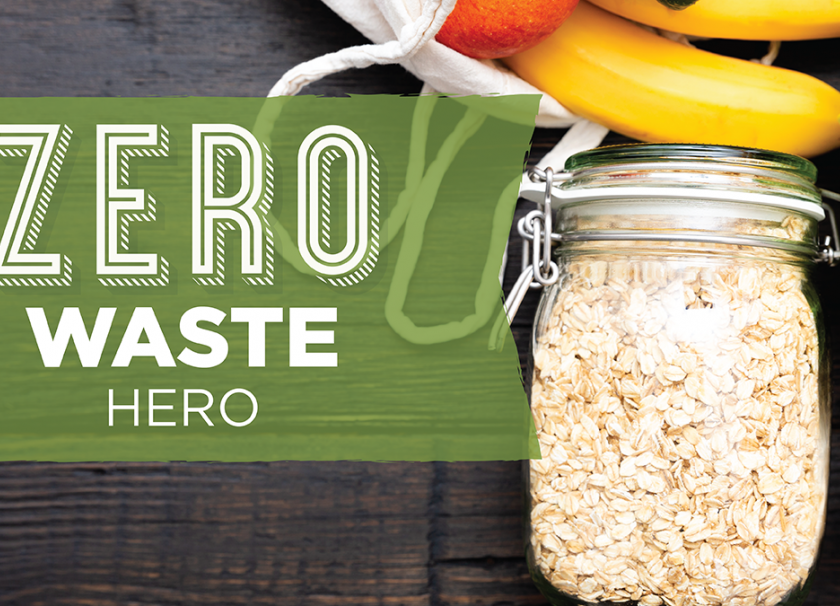
Tips for a Sustainable Kitchen
By Mahlea Rasmussen, Education Coordinator
Outside of work I spend a lot of time in the kitchen. I find it a soothing space to create nourishing meals and lasting memories. I find it essential to be as eco-friendly as possible and a few changes can transform your kitchen into a sustainable center of your home.
The choices begin with shopping for your food. It is important to stay organized so you don’t end up over-shopping or purchasing items you already have. This can lead to food waste - the USDA found that Americans on average each waste a pound of food per day. To avoid this, create a list on a chalkboard or white board and take a photo, so you know just what to purchase.
Don’t shop when your hungry. Although all of us have been there and heard this before, we are much more likely to purchase unnecessary items when our tummies are doing the talking.
Leave your reusable tote bags in the car, so you don’t leave them at home. After unloading your goods, run out to the car one more time and throw your bags in the back seat. That way you won't be caught without them next time you hit the market. Some estimates put the average 'lifespan' of a plastic bag at just 12 minutes.
Shop in the bulk and produce departments to avoid packaging and bring your own containers. The beautiful thing about bulk is that it goes far beyond food items: shampoo, dishwashing detergent, pet food and more are available. Because you can bring your own containers to fill, you're skipping the single-use packaging that many products on the shelf come in.
When shopping for produce, I choose a bag made from recycled plastic bottles available for $0.50 in our produce department. For dry goods, a muslin cloth bag is also available for the same price. For flours and liquids, I bring my own glass jars and bottles.
Shopping for herbs and spices with your own containers is especially advantages as you can save as much as 95% on the goods you buy. Remember: every time you purchase an item in a container, part of the cost is paying for the container itself.
At home some other ways to make your kitchen more sustainable is by growing your own herbs and making your own products. This doesn’t have to be overly time consuming. Herbs, rosemary, oregano and thyme are easy to grow and require minimal time.
Having a stock container in your freezer can significantly reduce your waste and save you money. Most vegetable scraps can be used such as carrot ends, celery and onion. After boiling the stock vegetables you can compost them as long as there is no meat product or oil used.
Replace soft drinks with infused water you make at home. Fill a pitcher with refreshing citrus, mint or cucumber. Not only is this good for your budget, but it's good for your waistline by reducing unnecessary sugar intake.
Another item found commonly in kitchens and easily eliminated is paper towels: it’s easy to sub in some worn out, clean t-shirts and cloth napkins.
And finally, when you're serving dinner, create smaller plates. Those who are hungry can always go back for more, but you will end up throwing out less uneaten food.
The benefits of a zero waste kitchen go beyond the trash compactor. You will find yourself saving money and eating clean. “The zero waste lifestyle is not about complicating your life; it’s about simplifying.” - Bea Johnson.
More Co-op News
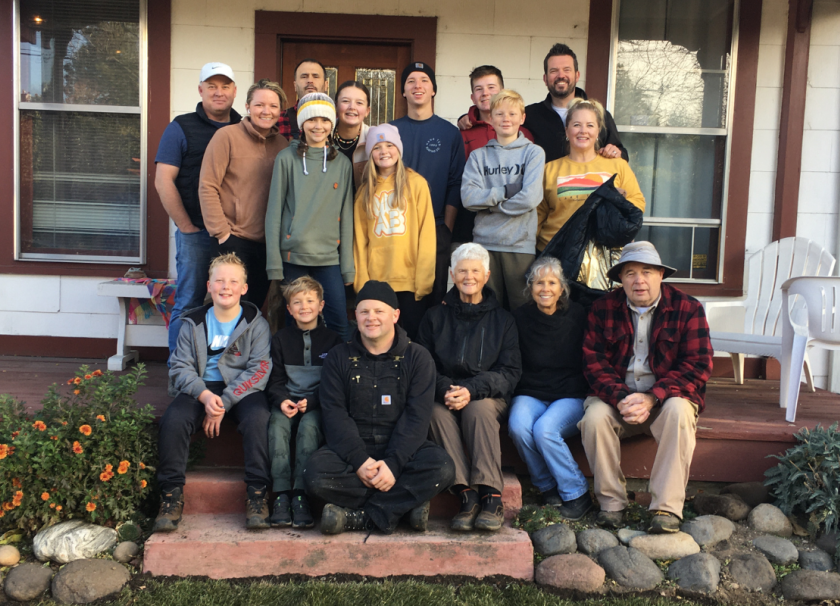
March Change for Good: Parker House Project
Homelessness remains a serious issue in Southern Oregon, and women—especially single women and mothers with children—face unique challenges when seeking shelter and stability. That’s where Parker House Project comes in.

February Change for Good: BASE Southern Oregon
This February, Ashland Food Co-op is proud to support BASE Southern Oregon as our Change for Good partner! BASE (Black Alliance & Social Empowerment) is a nonprofit dedicated to uplifting and empowering Black residents in Southern Oregon through events, resources, and advocacy.
Your donations at the register all month long will help BASE continue their impactful work, and there are plenty of ways to get involved! Here’s what’s coming up:

January’s Change for Good Partner – Community Works
At Ashland Food Co-op, we’re thrilled to kick off the new year by supporting Community Works, our January Change for Good partner. This incredible organization is dedicated to empowering individuals affected by domestic and sexual violence through crisis support, safe housing, and community outreach. Community Works provides services that are free, confidential, and open to all genders, ensuring that no one faces these challenges alone.
Here’s how Community Works is making a difference and how you can get involved:
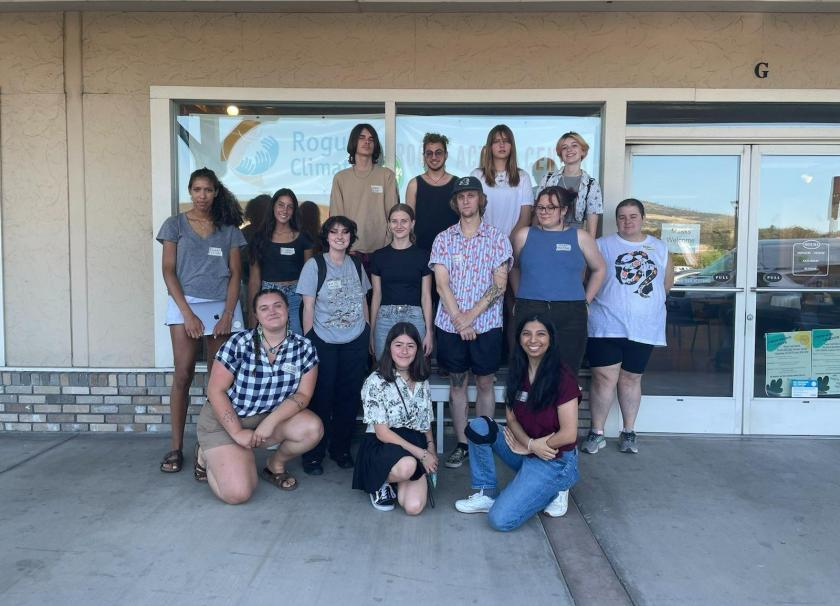
Ashland Food Co-op's December Change for Good Partner: Rogue Action Center
This December, Ashland Food Co-op is proud to partner with Rogue Action Center (RAC) as part of their Change for Good initiative. RAC is dedicated to cultivating organizing power and leadership to create a more just and thriving Southern Oregon. Their mission focuses on building community power for Housing Justice, Racial Justice, and Queer & Trans Liberation. They achieve this through a combination of base building, youth-centered leadership development, coalition building, and advocacy campaigns aimed at transforming societal rules.

Our November Change for Good Partner: SOESD Indian Education Fund
Each month, the Ashland Food Co-op partners with a local nonprofit through our Change for Good program. This November, we are proud to feature the important work of the Southern Oregon Indian Education Department (SOESD) Indian Education Fund.
The Change for Good program allows our shoppers to round up their total at the register, with the extra change going to support a different local nonprofit each month. The funds collected make a meaningful difference for these organizations and the communities they serve.
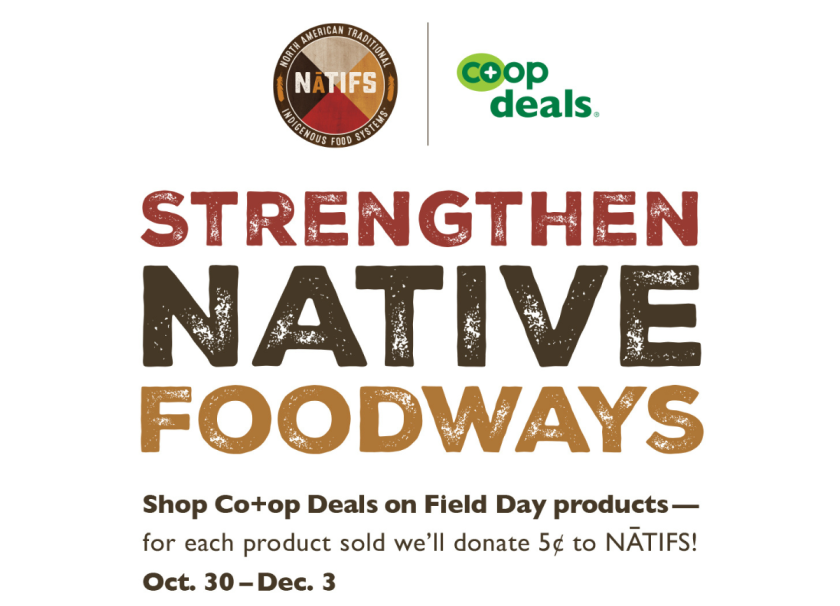
Save on Field Day Items and Support Native Foodways
This November, get ready for gatherings with friends and family with big savings on all Field Day products at your co-op. Save on more than 270 Field Day items — from maple syrup to wild-caught tuna to paper towels — from Oct. 30 through Dec. 3. Field Day is our value brand that offers high-quality, delicious food and household products at more affordable prices every day through Co+op Basics, making this savings event even more spectacular. Our lowest prices will be even lower!

Indigenous Peoples’ Day: Honoring Native Heritage
Indigenous Peoples' Day is a holiday that celebrates and honors Native American peoples and commemorates their histories and cultures. It's observed on the second Monday in October, coinciding with the federal holiday of Columbus Day in the United States.

Celebrating Hispanic and Latinx Heritage
September 15th marks the beginning of Hispanic Heritage Month, a time to recognize and celebrate the contributions, diverse cultures, and rich histories of Americans with ancestry from Spain, Mexico, the Caribbean, and Central and South America.
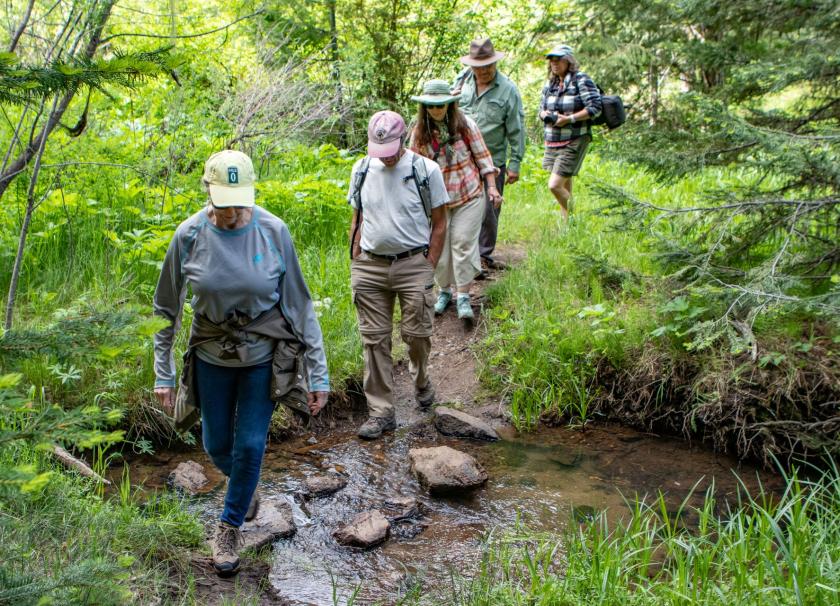
September Change for Good Partner: Friends of Cascade-Siskiyou National Monument
At Ashland Food Co-op, our commitment to community and sustainability is at the heart of everything we do. This September, we’re proud to shine a spotlight on our Change for Good partner, Friends of Cascade-Siskiyou National Monument (Friends of CSNM). This dedicated organization works tirelessly to protect, restore, and conserve the natural beauty of the Cascade-Siskiyou National Monument through service, advocacy, and education.
Stewardship in Action: Restoring Riparian Areas
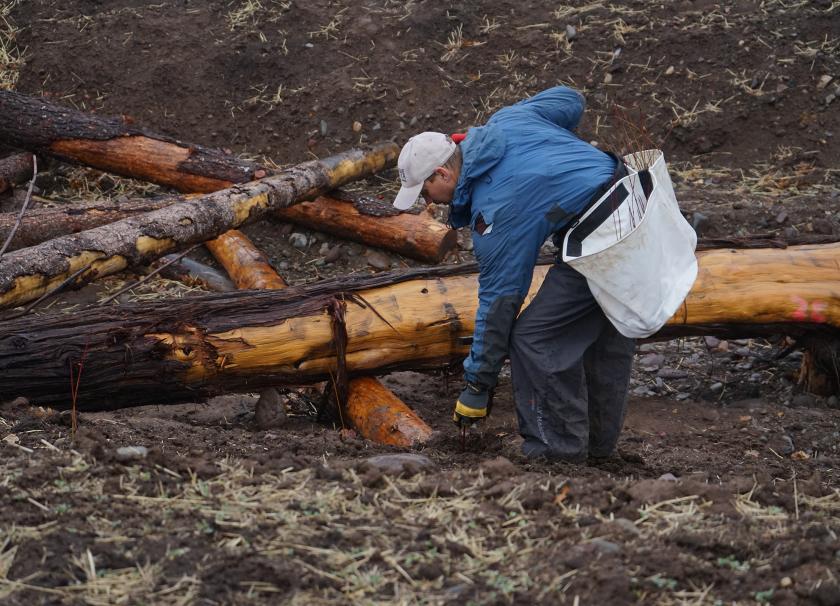
August Change for Good Partner: Rogue River Watershed Council
At Ashland Food Co-op, we are dedicated to fostering a vibrant and sustainable community. Each month, our Change for Good program partners with a local organization to support their mission and amplify their impact. For August, we are thrilled to announce our partnership with the Rogue River Watershed Council (RRWC).
Who is the Rogue River Watershed Council?

Disability Pride Month
Disability Pride Month, first celebrated in 1990, commemorates the signing of the Americans with Disabilities Act (ADA). This landmark legislation prohibits discrimination based on disability and ensures equal opportunities in all areas of public life. Disability Pride Month promotes visibility and mainstream awareness of the positive pride felt by people with disabilities.
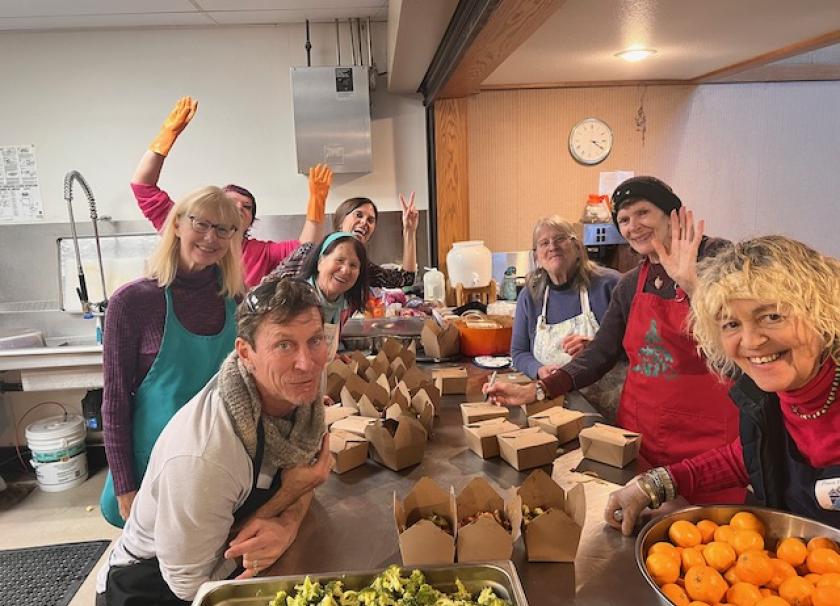
July Change for Good Partner: Peace House
Meet our July Change for Good partner - Peace House! This incredible organization has been a cornerstone of our community, dedicated to building a culture of peace through compassionate actions that support human rights and justice for all.
About Peace House
Peace House has a broad and impactful mission. Their work spans several critical areas, including:
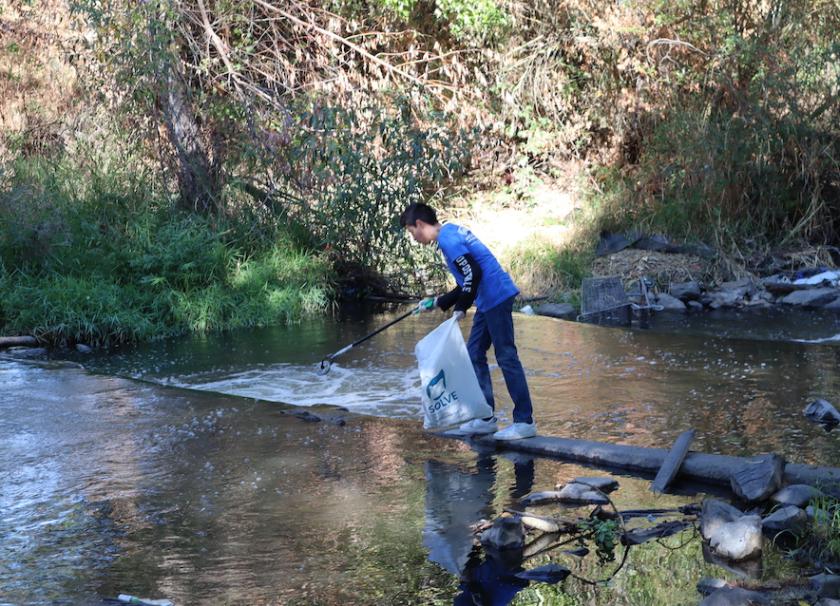
Supporting Stream Smart: Our June Change for Good Partner
We are delighted to announce our June Change for Good partner, Stream Smart, a remarkable local organization dedicated to improving the health of our streams and rivers.
What is Stream Smart?
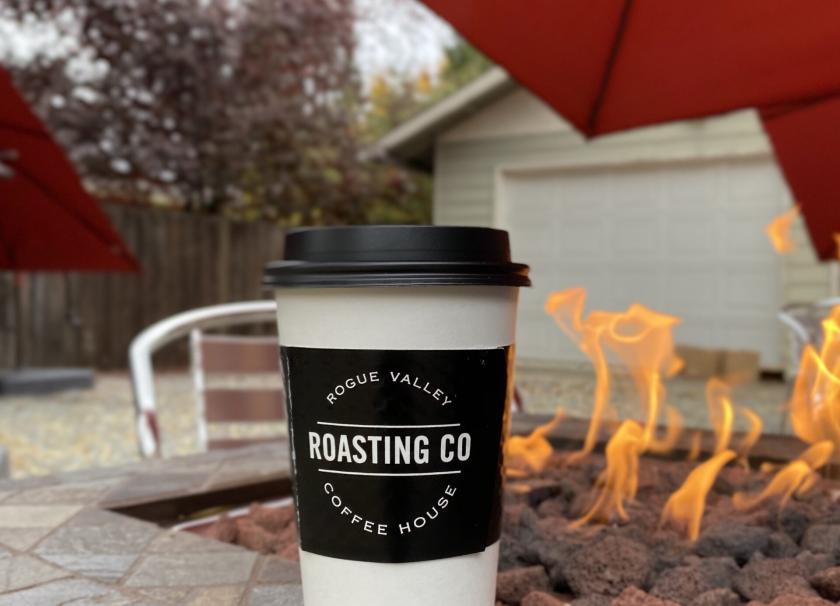
Co-op, Community and Coffee
We are thrilled to announce that the Ashland Food Co-op has purchased the Rogue Valley Roasting Company (RoCo) from longtime owner, Dustin Way.
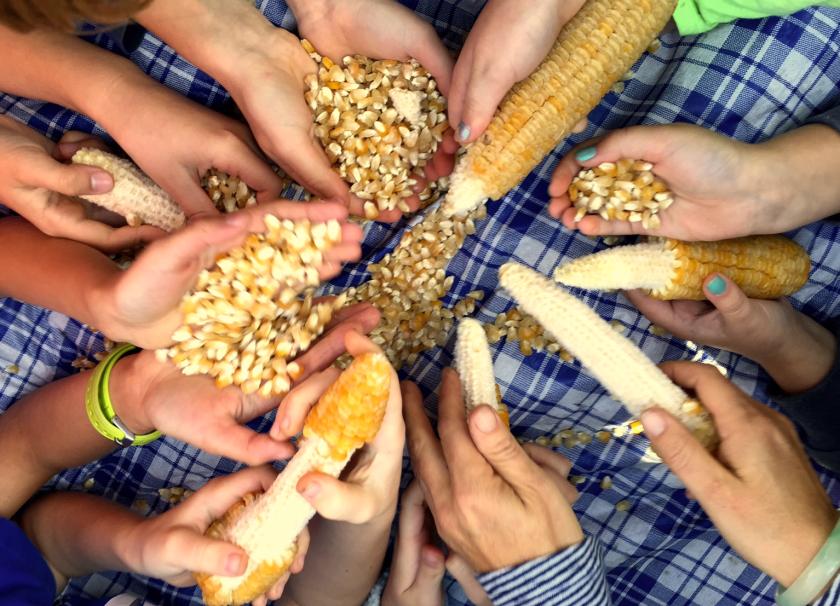
May Change for Good: Our Family Farms
This month, the Ashland Food Co-op is proud to annouce our Change for Good partner, Our Family Farms, an organization dedicated to safeguarding our agricultural heritage and promoting regenerative organic practices.
